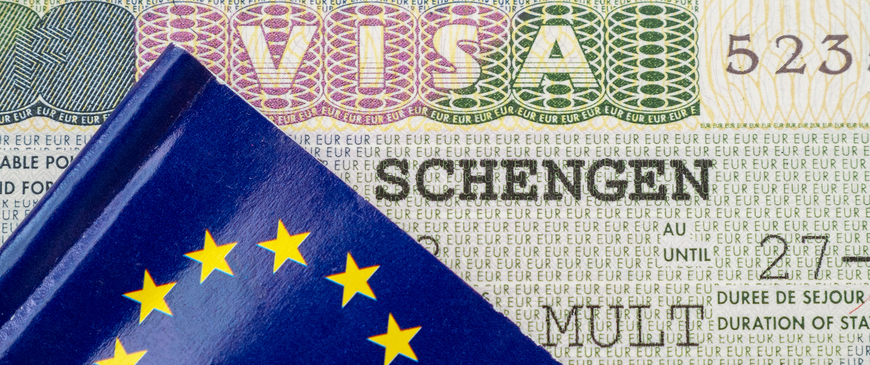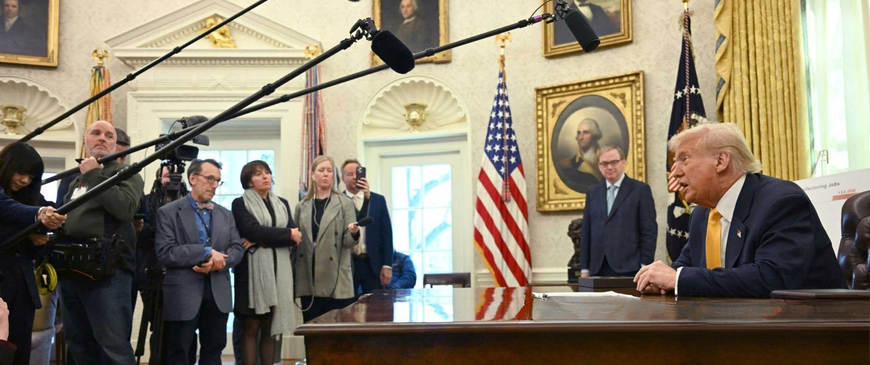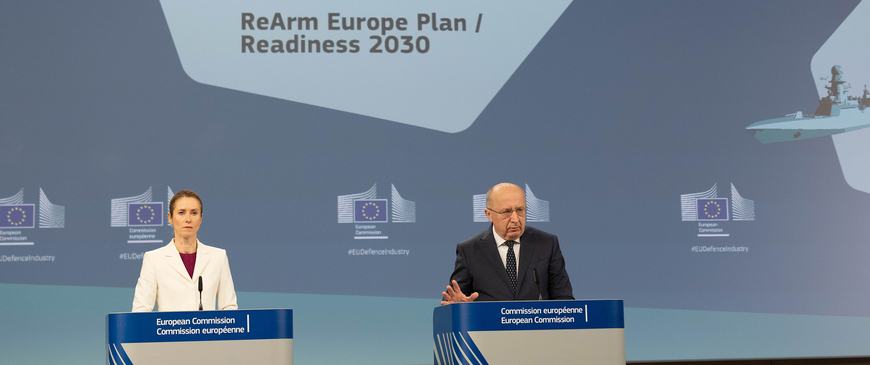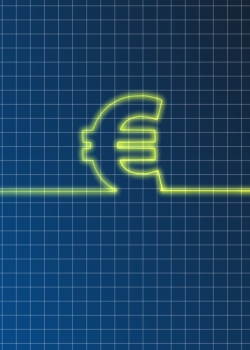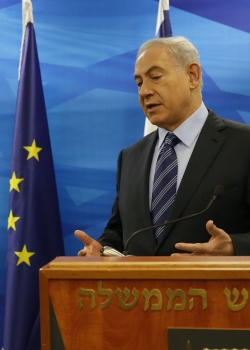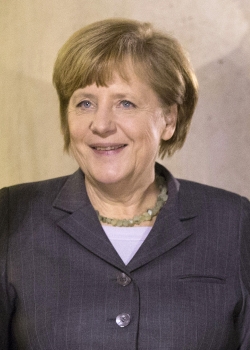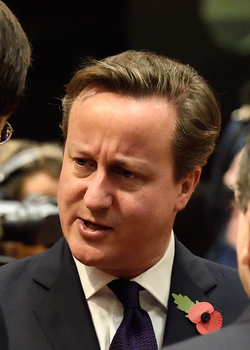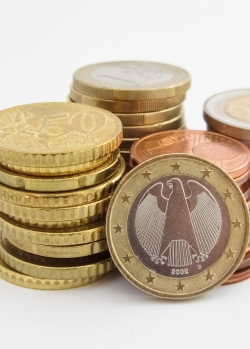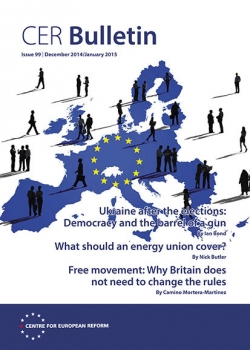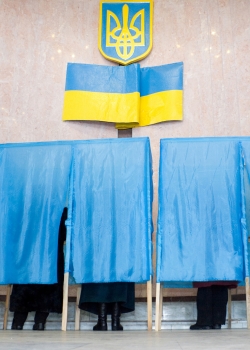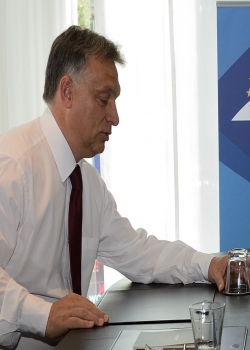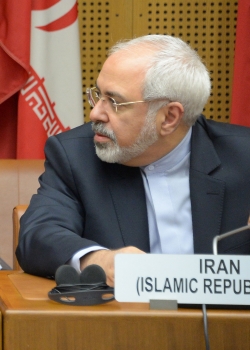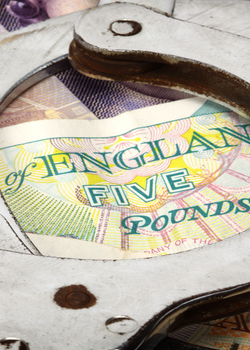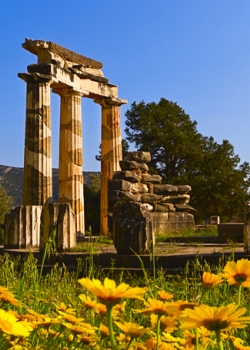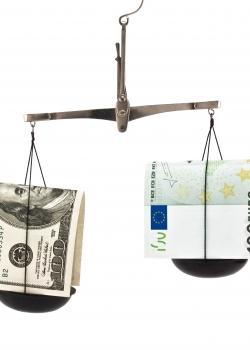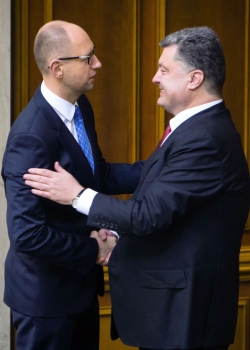Research
Is Europe’s economic stagnation inevitable or policy-driven?
23 December 2014
EU-Israel relations: Confrontation or co-operation?
18 December 2014
The EU’s decision to get tougher on Israel’s settlements can damage beneficial co-operation. Steps can be taken in order to manage these tensions.
Germany and the eurozone: The view from Paris
16 December 2014
The French are gloomy about their relationship with the Germans and the chances of economic growth. But they are working on new ideas for eurozone governance.
Cameron's migration speech and EU law: Can he change the status quo?
04 December 2014
The reforms to the benefits system proposed by Cameron will be difficult to negotiate and may require treaty change. Reforms should not lead to a Brexit.
The ECB is not the German central bank
02 December 2014
The ECB should stop waiting for German approval of more aggressive monetary policy, and Germany should back the ECB more openly.
Public investment: A modest proposal
01 December 2014
A eurozone-wide public investment stimulus is neither impossible nor mad, but should be part of a strategy to pull the economy off the rocks.
Issue 99 - 2014
27 November 2014
- Ukraine after the elections: Democracy and the barrel of a gun, Ian Bond
- What should an energy union cover?, Nick Butler
- Free movement: Why Britain does not need to change the rules, Camino Mortera-Martinez
Free movement: Why Britain does not need to change the rules
27 November 2014
Free movement is good for Britain’s economy. Britain will struggle making the case for reform.
Ukraine after the elections: Democracy and the barrel of a gun
27 November 2014
Ukraine’s elections were good news, but there is plenty of bad: political, economic and military.
What should an energy union cover?
27 November 2014
Energy union should result in a connected European energy market, not a single buyer for imported gas.
Hungary and the West: We need to talk about Viktor
26 November 2014
Hungary under Viktor Orban is backsliding on democratic values. Member-states need to look for ways to bring Orban back into liberal European mainstream.
Iran nuclear talks: Patience is a virtue
13 November 2014
The EU and US should extend the nuclear negotiations with Iran. The falling oil price could pressure Tehran to compromise.
Does a eurozone slump make Brexit more likely?
10 November 2014
Eurozone stagnation will encourage migration to Britain, boost its EU budget contributions, and rebalance its trade towards non-EU markets. This will embolden eurosceptics.
The European arrest warrant: A British affair
07 November 2014
The EAW is necessary for ensuring Britain’s security. Reforming the system would address existing flaws.
A Greek programme for Greece
05 November 2014
The programmes for Greece are not working. It is time for a new approach that focuses on the long-term and Greek ownership.
The eurozone’s German problem
20 October 2014
Germany’s uncompromising stance is short-sighted, and poses a greater risk to its economic and political interests than a ‘grand bargain’ with the French and Italians.
Would Britain’s trade be freer outside the EU?
16 October 2014
A post-‘Brexit’ Britain would struggle to make up for foregone trade opportunities with the EU by signing trade agreements with non-European countries.
Unlocking Europe's capital markets union
15 October 2014
The goal of a capital markets union should be to develop healthy non-bank sources of finance. This should be achieved mainly by liberating, not controlling markets.
Why devaluing the euro is not mercantilism
02 October 2014
The ECB needs to be more innovative and drastic to weaken the euro. This would help the eurozone without hurting the world economy.
Ukraine, Russia and the EU
30 September 2014
So long as Ukraine’s state and economy remain weak, Russia may be tempted into making further incursions. The West must therefore help to strengthen the country.


